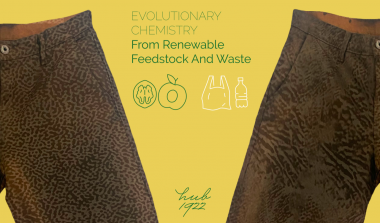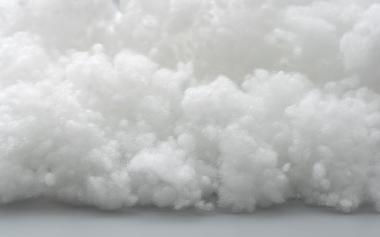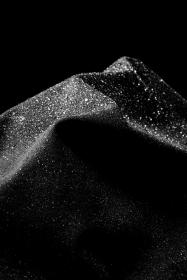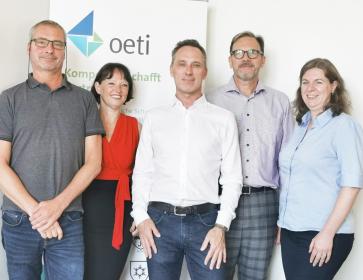Artistic Milliners and Archroma: Eco-advanced sulfur black dyeing for denim
International denim manufacturer Artistic Milliners and Archroma are collaborating to rewrite the future of denim. Leveraging Archroma’s DIRESUL® EVOLUTION BLACK dyestuff, the partners are promoting more eco-advanced sulfur black dyeing for denim with a variety of washdown effects and reduced environmental impact.
DIRESUL® EVOLUTION BLACK delivers outstanding resource savings, using less water and energy and producing less CO2 during dye synthesis. Furthermore, it offers unique shade and washdown behavior compared to standard black dyes to consistently create eye-catching aesthetics, especially on dark black shades with no bronzing effect. It is also laser-friendly.
Artistic Milliners launched a capsule collection based on the new DIRESUL® EVOLUTION BLACK technology at Kingpins Amsterdam in October, named EVO BLACK, winning a positive response from global brands. It is now working closely with a research and innovation team from Archroma, its technology partner of many decades, to expand its use of the new black coloration system in combination with other colors and performance effects.
Archroma





























